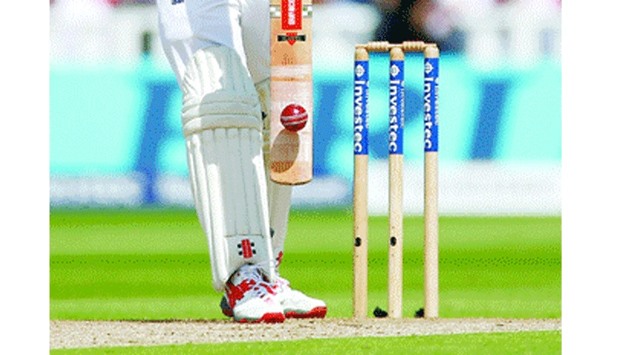Live pigeon shooting
Pigeon shooting featured for the first — and only — time at the Paris Olympics in 1900, where around 300 birds were killed in the pursuit of sporting glory. The event was messy: six birds were released in front of the shotgun-wielding competitor, who was eliminated if he missed two of them. The result was an awful lot of blood and dead birds, although the event was described as “very aristocratic” in the official Olympic report. Belgium’s Leon de Lunden was champion for downing 21 birds, one more than runner-up Maurice Faure of France; Australia’s Donald MacIntosh was third with 18 kills. However, the gory event does not get a mention on the Olympics results database, and it has not reappeared at the Games since.
Pistol duelling
Twelve years later, at the Stockholm Games in 1912, there was also plenty of shooting but happily, less blood. The duelling competition wasn’t to the death with pistols at dawn; rather, shooters would fire at dummies 30 metres (33 yards) away dressed in frock coats, with a target placed at the throat. America’s Al Lane, aged only 20, took gold, ahead of Sweden’s Paul Palen and Hubner von Holst. The event later morphed into the men’s 25m rapid-fire pistol, a category which endures to this day.
Club swinging
The forerunner of rhythmic gymnastics was a medal sport in 1904 at St Louis and in Los Angeles in 1932. America’s George Roth won the gold in 1932 when the Games were held in the midst of the Great Depression. Reports claimed that unemployed Roth was awarded his gold medal and then hitch-hiked home.
Tug of war
So beloved of school sports days, the sport was once part of the track and field programme and featured in the five Olympic Games from 1900 to 1920. The 1908 gold was won by a team of British policemen, but it was a controversial victory as the United States protested over their rivals’ footwear. A report at the time said the police team competed “in enormous shoes, so heavy, in fact, it was with great effort they could lift their feet from the ground”.
Cricket
Golf and rugby will both make long-awaited returns to the Olympics in Rio, but there’s no sign of another appearance by cricket, which was played just once at Paris 1900, with limited success. The gold medal was contested by Britain and France after Belgium and Holland pulled out. The British side was a touring team, the Devon and Somerset Wanderers, while the French side was made up of expatriate Britons living in Paris. Britain won the match, staged at the Velodrome de Vincennes, while the host nation was sniffily written off. “The French temperament is too excitable to enjoy the game and no Frenchman can be persuaded to play more than once,” scoffed a newspaper report at the time.

